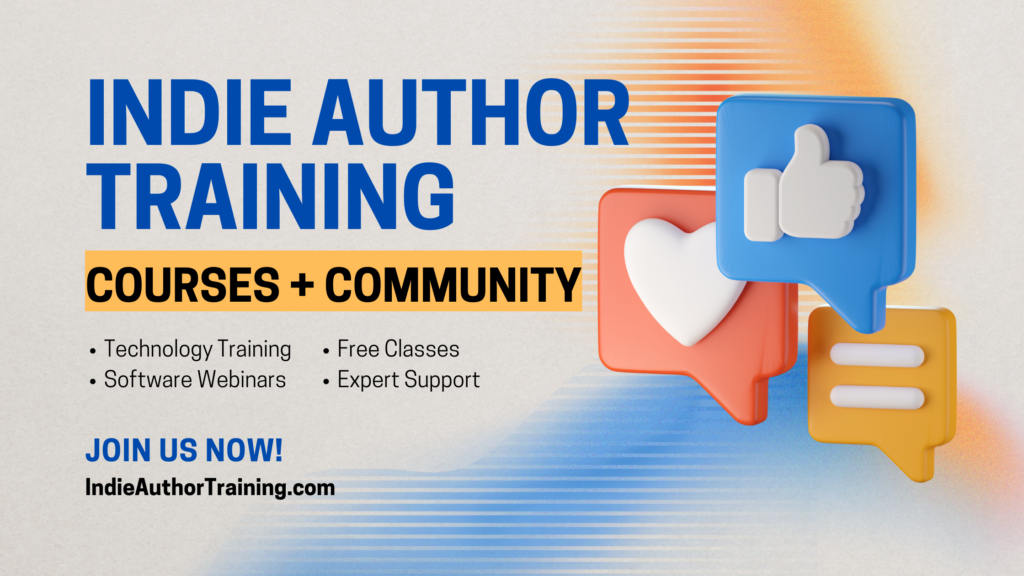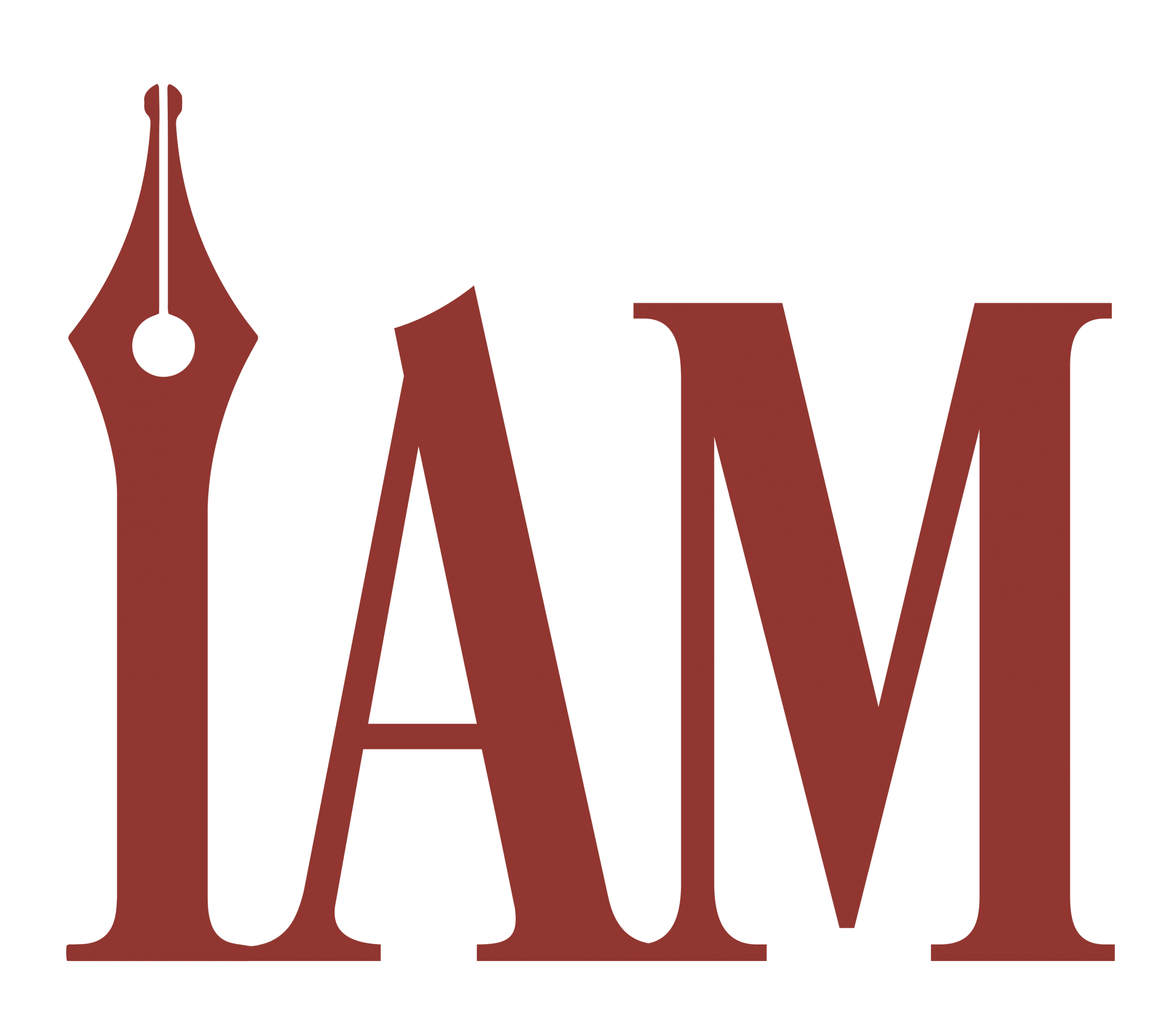How to successfully network at author conferences
Before the Conference
Maximize your conference experience by planning ahead. A few simple steps can elevate your experience and ensure you get the most out of attending. Ideally, you want to stay in the same hotel as the conference is being held. You will become a familiar face to others as you walk from and to your room, and can easily access the conference.
Check the website for the speaker list. Identify which talks and panels you want to attend. All of them can seem appealing; however, narrow down which topics would be the most beneficial for the current stage of your author business. Download any available presentation packs to read in advance.
Decide where you’ll be keeping track of the notes you’ll take during the conference. You could use your smartphone or a notebook. Be sure to list all the topics you’re interested in attending and schedule them into your smartphone or jot them down in your conference notebook.
Reach out to your friends and ask if they will be attending. This is a good opportunity to reconnect with them. An added benefit of this is expanding your network, when they include their friends.
A good way to meet more authors writing in your genre is to attend a meet and greet session. Check if your conference has a place to reach out to other authors, such as their website, Facebook group, or Google sheet. If it doesn’t, you can set up your own meetup event. An easy place to have it would be at the conference bar where people naturally congregate. It also provides a chance to meet additional people.
Let your friends know what day you’ll be having your casual meetup and invite them to share it with their connections. Send an email to people you’re interested in meeting with an invite with the time, date, and place and let them know they’re welcome to bring a friend.
Prepare business cards with your genre and contact details to hand out to authors in your genre. The people you meet will be certain to hang on to them if you provide something of value, such as cross-promotional opportunities. Include a QR code they can scan if they choose not to take the card.
Don’t like carrying physical business cards? Grab HiHello, a digital business card app. You can scan the cards you get from others, in addition to sharing your digital business card via email and more. You’ll also be able to organize your contacts easily and customize them by adding notes and tags, in addition to groups.
During the Conference
Keep track of the talks on your smartphone or in your handy conference notebook, under the headings/sections you set up in advance.
Be sure your name is clearly on display at all times, to ensure people know who they’re talking to. Don’t clip your badge to your belt, so it is too low for them to read, or let your jacket cover it up. Add your genre under your name so that they can tie the two together.
A good way to start a conversation with someone is to ask them what talk they’re most interested in attending. You can also ask them if they’ve been to the conference before and what they hope to get out of this experience. As the conference progresses, a stronger question will be to ask them what is the most helpful thing they’ve learned so far. It can be an opportunity to discover something new, possibly from a room you didn’t attend, and a chance to contact them later to discuss this at length. Be sure to get their contact information.
Prepare a five-second pitch of who you are, what genre you write, and what your main series is about. For example, “Hi, I’m Fatima. I write urban fantasy books set in Spain.” Have a longer version if people ask for more details. Offer the person you’re talking to your business card. Don’t be offended if they don’t take it. After Covid-19 people prefer less contact with physical objects. Offer them to scan the handy QR code on the card instead, or to send them your digital card.
Introverts, it’s okay to take a break if the talks and networking become too much. This can happen during a talk or an event. Excuse yourself by leaving quietly and take some time out before you return. If you are staying at the same hotel as the conference, go to your room to recharge your batteries. You can use the time to go over the notes you took and see what upcoming events you don’t want to miss. Or you can recharge by doing something else that will help you refresh your energy levels.
As you navigate the conference, you will meet people standing in line or sitting next to you. Take the opportunity to ask them about themselves and introduce yourself. Use the opportunity during the moments in between to jot down notes in your smartphone or notebook of who you met and where. If you plan to reach out to them later, write a few comments on what you discussed so you can include it in the email you’ll send when the conference ends.
After the Conference
You’ve managed to attend the conference and survived—hopefully without accruing the dreaded con crud. What’s the next step? The first thing is to consolidate all the information you collected from the conference in one place. Do this as soon as possible while memories are still fresh in your mind.
Check social media hashtags and respond to items others have posted, adding your feedback to talks and panels you’ve attended. This is a chance to meet people virtually that you may have not encountered during the conference or to reconnect with those you did. Follow them or like their remarks.
If you took photos during the conference, share them by sending them directly or tag people. Be sure you have consent if you plan to share them publicly on social media.
Compile a list of people you want to reach out to. Prepare the emails with the notes you (hopefully) wrote down about your meeting. Remind them when you met and what you discussed. Mentioning the conversation you had and something personal can go a long way in creating a positive impression. To reinforce that positive impression, be sure to offer them something of value such as knowledge or a collaboration opportunity. Even as a newbie, you have something to offer. You can let them know something you learned that converted into more book sales or newsletter signups—or that you plan to try something and will share the results of your experiment.
Ask your contacts what other conferences they attend to get leads on others that may be great for professional development and networking. Learning their favorite conferences can identify which ones you’re more likely to find them at next time.
If your goal was to connect with and form a small community of authors in your genre, start a group and invite them to participate. You can create a Facebook group, a Discord channel, or host talks on Zoom. Invite them and ask if they would like an opportunity to participate.
Keep in touch. Reach out to the people you met months after the conference even if it’s just to see how they’re doing. Regular contact with them will be helpful for breaking the ice the next time you see them at a conference.
Fatima Fayez






